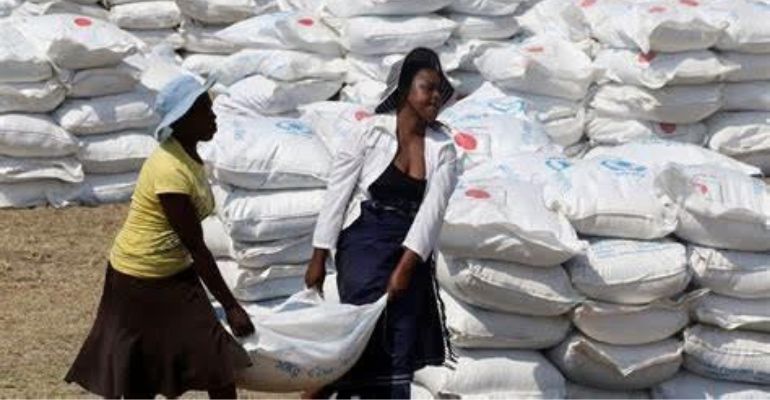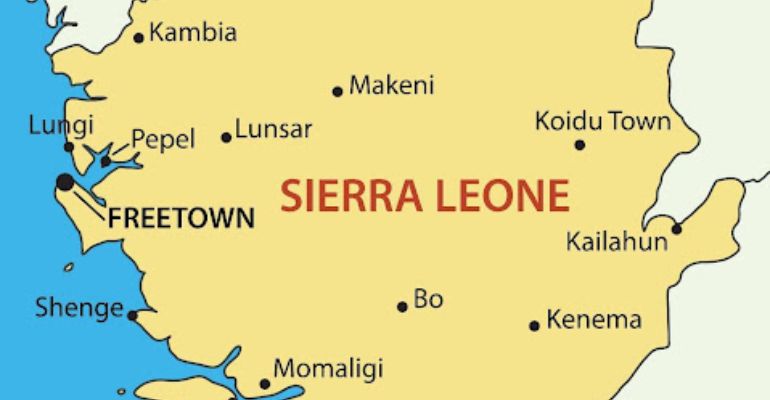Ghana has over the years submitted to the IMF interventions, including the controvertible structural adjustment program (SAP) in the 1980s. In the past decade, the country has undergone its 16th IMF program from 2015-2019, and it is about entering a 17th one. For the most part, Ghana resort to the IMF program due to currency depreciation, high inflation, rising public debts, and recently, energy sector challenges. Besides the credit facility that the Bretton Wood’s institution offers, the program consists of recommendations to help boost investor confidence, macroeconomic stability and sustained growth. At the same time, the conditionality tend to have some arguably unfavourable short-long term impacts especially at the micro levels of the economy, with some visible repercussions on the populace, particularly the youth.
The IMF interventions are packaged as a neoliberal market-based economic prescription for growth and development. Certainly, free market and liberal societies is unsurpassed for development, but the modelled policy implementation, has raised some controversies that resulted in certain reforms. The 20th century approach, the ‘Washington Consensus’, has been refined into the currently implemented, ‘post Washington Consensus’, that sought to balance market reforms with government interventions and institutional amends for supposed inclusive growth and poverty reduction.
Ghana’s current decision to turn to the IMF is according to government officials due to the exogenous ‘challenges induced by the Covid-19 pandemic and, recently, the Russia-Ukraine crises’, but could also be attributable to endogenous conducts with government borrowing, low productivity, government spending and contestably economic mismanagement. Against the backdrop of the IMF’s previous engagements with Ghana, the country’s current economic challenges and an inevitable Ghana’s 17th IMF bailout, the Africa Centre for Youth and Entrepreneurship (ACEYE) draws attention to some suggestions, especially pertinent to youth and entrepreneurship, that the think tank considers for enhanced benefits from the program.
First, ACEYE calls on the IMF to expand the expected ‘broad stakeholders’ consultations in the coming weeks to extensively include the youth, through community and sectoral engagements. Soliciting for substantial input by the Ghanaian youth would inform policy alterations and allay their fears on the implications of the program. This is even more important considering that government has been rhetorically inconsistent with confabulations on submiting to IMF bailouts, while the confidence of the youth in the Ghanaian leadership is somehow fading.
Second, ACEYE suggests that the IMF upon the implementation of the program ensures measures that will enhance the private sector as a vehicle for employment. Already, Ghana’s unemployment rate has worsened from 5.3% in 2010 to 13.4% in 2021, with that of the youth (age 15-35) being 19.7%, and staggering 32.8% for age 15-24. Customarily, the IMF restricts public sector employment, significantly affecting the youth, hence, some level of caution in limiting employment into the public sector, while most importantly, policies have to be focused on the private sector as ‘an engine of economic growth’.
Finally, ACEYE recommends that the IMF prioritizes entrepreneurial freedom while engaging with government and other stakeholders. As a result, significant part of the IMF deliveries ought to be put to use in practical ways that particularly promote entrepreneurship, including aggressive institutional reforms to ensure enabling environment for entrepreneurial growth.
In conclusion, ACEYE is of the view that the IMF prioritizes the Ghanaian youth because they tend to be most affected by economic decisions. Again, proactive measures should be focused on enhancing entrepreneurial freedom through a bottom-up approach (microeconomics instead of the usual macroeconomics) to economic stability, and reducing fiscal recklessness. Although ACEYE is not in principle excited about an IMF program, under the circumstances, the centre uses this opportunity to highlight the above-mentioned, to contribute towards the expected outcomes.
–End—
ACEYE
Contact Person: Dr Evans Tetteh
Position: Vice President & Head of ACEYE Centre for Africa Relations
Contact: 0543293451
Cc: All Media Houses












